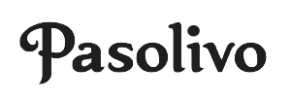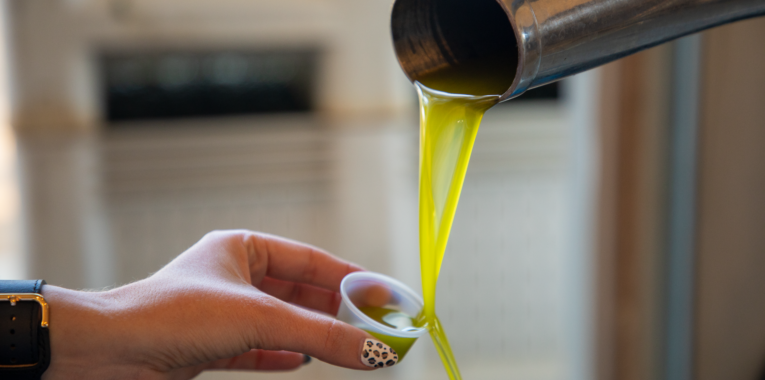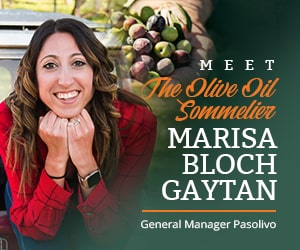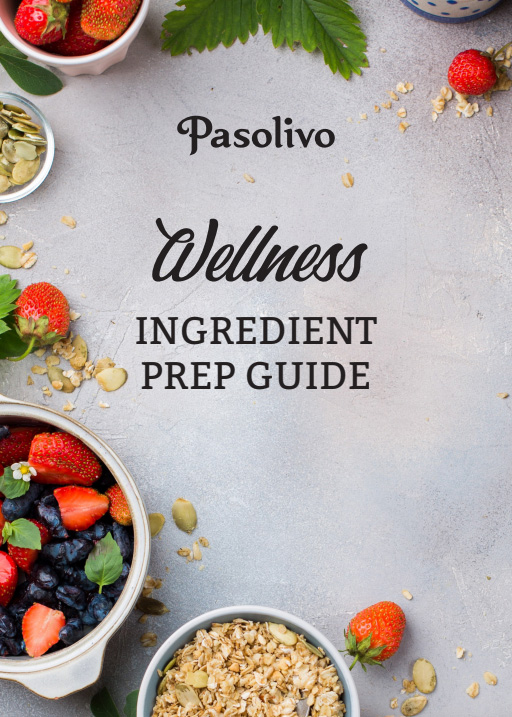In November 2023, Spanish and Italian authorities arrested 11 suspects discovered to be involved in a fraudulent organized crime ring. During the international bust, they seized 12 barrels containing more than 260,000 liters of the most counterfeited item in all of Europe: olive oil. It became the latest seizure in a long-running, scandal-ridden history of olive oil fraud.
Rich in antioxidants, heart-healthy fats, and robust flavors, it’s easy to see why extra virgin olive oil has earned the nickname “liquid gold.” But for as long as this sought-after oil has been a culinary staple, it has also been the subject of widespread fraud. It’s a trend that spans across the food industry as a whole, and it impacts everyday shoppers just like you.
Do you find yourself asking, “How can I tell if my olive oil is real?” Wondering how you can identify a high-quality olive oil and keep fake EVOOs out of your kitchen? Read on for details about why olive oil fraud matters, how to tell if your olive oil is real, and the steps we take at Pasolivo to put quality and transparency first.
Is Olive Oil Fraud Really a Thing?
Yes, it is, and it has been for quite some time. Some sources even trace it all the way back to ancient Rome. Today, it happens on a massive scale—to the tune of the 260,000 counterfeit liters authorities seized last winter and deemed “unfit for consumption.”
The issue is so prevalent that Italian authorities recently launched a full investigation into seven of the country’s leading olive oil producers and their practices. According to Europol, factors like price inflation, reduced olive oil production, and increasing demand have created “the perfect breeding ground for fraudulent producers.”
It’s not just a problem that exists abroad; even in the U.S., there is a good chance phony olive oil might end up on your pantry shelves. With imported, uncertified, and largely unregulated oils lining grocery store shelves, it’s up to you to be a smart shopper. Here are a few things you should know about olive oil fraud before you buy.

What Makes an Olive Oil “Fake” or Fraudulent?
Larry Olmsted, author of Real Food Fake Food, told Epicurious that he defines fraud as “whenever you get something other than what you think you’re buying.” That can mean many different things across many different facets of the food industry. In the world of olive oil, this often means buying a product that claims to be extra virgin, but is actually either a low-grade oil or one that has been cut with filler seed oils. With imported oils that pass under the radar of third-party certifying bodies, the line becomes even blurrier.
Stretching the Integrity of “Extra Virgin”
To be considered extra virgin, an olive oil must meet several criteria, including being free of sensory defects and not having undergone chemical manipulation. But new refinement technology has made it possible to pass sub-par oil off as extra virgin, despite the heavy chemical manipulation it has undergone.
This deceptive practice allows low-quality oils to slip under the esteemed extra virgin umbrella. Tom Mueller, author of Extra Virginity: The Sublime and Scandalous World of Olive Oil, told the New Yorker that this is gradually stretching the definition of extra virgin “beyond all meaning.”
Sneaking in Seed Oils
Another common practice involves cutting olive oils with cheaper and less heart-healthy seed oils, like canola, grapeseed, and sunflower oil. In most cases, you won’t find these oils listed on olive oil labels, because their disclosure is not legally enforced.
That’s a major issue, as filler oils compromise the smoke point, flavor, nutritional content, and health properties of the product you’re purchasing. They also contain potential allergens, and not disclosing them puts you as a consumer at risk.
Despite the clear cause for concern, Mueller found this practice to be “widespread” in the U.S. In part, that’s due to a lack of product testing by olive oil’s primary regulatory body: the FDA.
How Is Olive Oil Regulated in the U.S.?
Shoppers like you trust the FDA to enforce clear and honest olive oil labeling in the U.S. However, conscientious consumers and producers alike are pushing for more transparency and better protections against fraud.
The American Olive Oil Producers Association (AOOPA), North American Olive Oil Association (NAOOA), and the world’s largest olive oil producer, Deoleo, recently petitioned the FDA for stricter labeling standards. They also announced the U.S.’s largest-ever olive oil testing study. Both of these actions are steps forward in improving transparency between olive oil producers and consumers.
Beyond FDA guidelines, third-party organizations such as the California Olive Oil Council also provide confidence behind an olive oil’s quality. They conduct strict testing and give seals of approval to EVOOs that meet their high standards—including oils from Pasolivo. Many of the oils you’ll find on grocery store shelves that claim to be Californian are actually imported and never receive certification from the COOC. Checking for that seal of approval in the COOC’s online registry is a great place to start.
How Do I Know If My Olive Oil Is Real?
What should you look for when you’re in the market for an exceptional EVOO? Here is how to shop for a real, high-quality olive oil:
- Shop small and straight from the source: Choose smaller producers, which typically provide more transparency into their production process and let you taste before you buy. As Mueller puts it, “In an industry where the label means so little, personal trust in the people who have made and sold it is important.”
- Outsmart empty marketing terms: Steer clear of buzzwords like “light,” which don’t officially ensure anything in terms of quality. (Read more: What Is Extra Light Olive Oil?)
- Get specific: The more info you can find (the estate where the olives were grown and milled or the olive varieties featured in the oil, for example), the better. If you can’t find them on the bottle, try looking at the producer’s website or speaking directly to the source, like one of Pasolivo’s helpful tasting associates.
- Look for third-party certifications: For California olive oils, the COOC seal of approval is the gold standard. All of Pasolivo’s EVOOs (California, Classic, Cucina, Tuscan, Il Singolo, Soltera, and Olio Nuovo) have received this certification.
Is the Olive Oil Fridge Test a Good Way to Spot Fake Olive Oil?
You may have heard of the olive oil fridge test, popularized by Dr. Oz back in 2013 and revived on TikTok in recent months. The test goes like this: Place a bottle of EVOO in the refrigerator overnight. If it solidifies, the oil is a true extra virgin olive oil. If not, it’s likely adulterated or cut with refined oils.
Industry experts quickly debunked this test when Dr. Oz’s episode first aired. Dan Flynn, former executive director of the University of California Davis Olive Center, told the Olive Oil Times, “While it is true that refined oils will not coagulate in the cold, it is also true that some olive oil varieties will not coagulate either.”
The North American Olive Oil Association denounced the test as “completely false and misleading,” noting that extra virgin olive oil will solidify at “a wide variety of time and temperature exposures.” Factors such as olive variety, growing conditions, harvest timing, and more all play a role in the chemical makeup of an EVOO, affecting its solidification point.
Ultimately, the fridge test is not a reliable way to check an olive oil’s authenticity or quality. Instead, stick to the guidelines above to make sure you’re buying the very best.
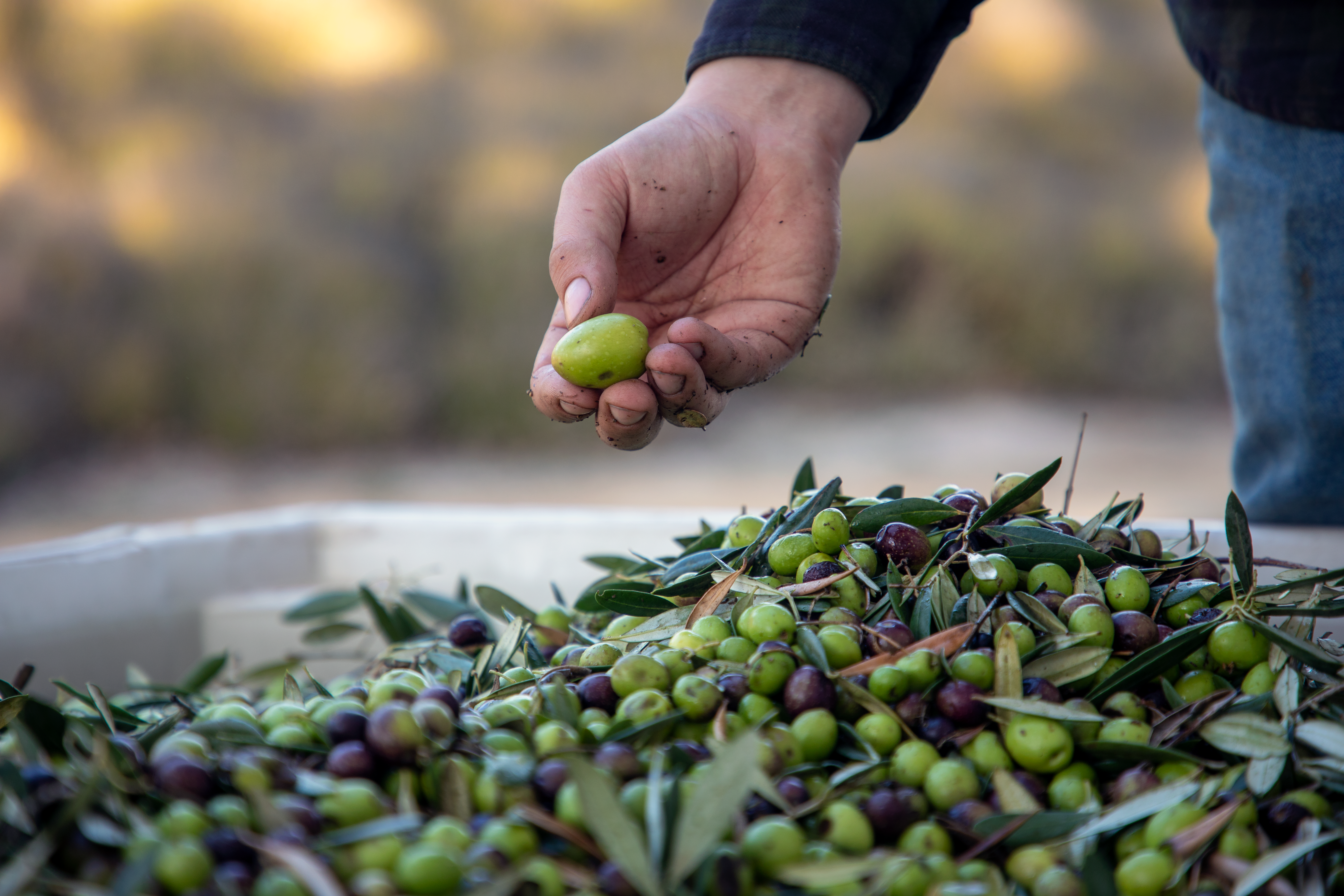
The Pasolivo Production Process
At Pasolivo, we embrace a “tree to table” approach to production: We grow, harvest, and mill our oils on-site at our beautiful Paso Robles ranch. During harvest, we handpick our olives to minimize bruising and mill them within hours to capture the freshest flavor. Our resident level two olive oil sommelier selects varieties and crafts blends based on the highest standards of flavor and quality. We use an independent lab to verify that our oils meet or exceed those standards.
You can taste the difference this dedication makes—and so can experts. Pasolivo emerged as the most awarded producer at the 2023 Los Angeles International Olive Oil Competition, where we earned 17 awards, including Best in Show and Best in Class.
If you’d like to taste our oils, or if you have questions about our process, we invite you to visit us in Paso Robles or join us virtually for an educational tasting experience. During your tasting, you’ll have the opportunity to try our full selection of extra virgin olive oils, flavored oils, and more. Our associates will share the story of our sprawling estate, explain each step of our production process, and answer any questions you may have about the quality or origin of our oils.
Read more: Where Does Pasolivo Olive Oil Come From?
The Bottom Line
As consumers and producers push for better olive oil fraud regulations (and better regulations for the food industry as a whole), going straight to the source remains the best way to ensure you’re getting the best olive oil. We invite you to experience the magic of Pasolivo by shopping our award-winning California olive oils online or visiting our two Paso Robles locations for a taste of the exceptional.
